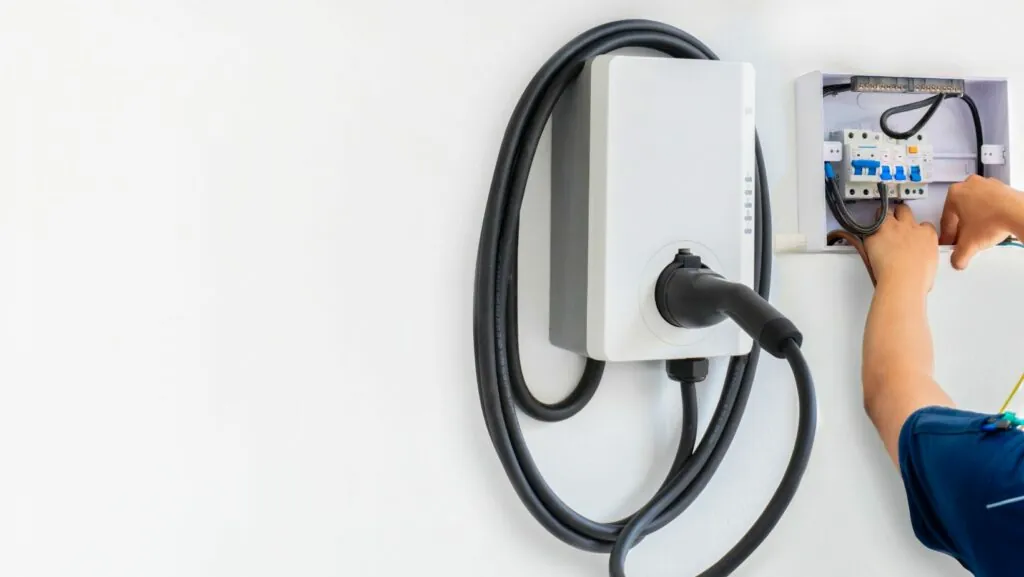Table of Contents
ToggleElectric vehicles (EVs) are no longer a futuristic concept. Across the globe, sales are climbing steadily, governments are setting ambitious targets, and automakers are rolling out increasingly sophisticated models. In Singapore, this shift is particularly visible. From expanded charging infrastructure to rebates for green vehicles, the island nation is gearing up for an EV-driven future.
But while the infrastructure and policy environment are moving quickly, one critical piece of the puzzle remains: driver readiness. How prepared are motorists to embrace EVs, and what concerns might hold them back? Let’s explore some of the most common considerations — from insurance priorities and charging behavior to purchase hurdles — that will determine how smoothly this transition unfolds.
Knowledge and Awareness gaps
Despite the rapid pace of change, many drivers still lack confidence in their knowledge about EVs. Questions like “How far can I drive before charging?” or “What does EV maintenance really look like?” are common. This lack of awareness can create hesitancy, especially among those used to decades of traditional petrol-driven ownership.
Education campaigns and transparent communication from both government and the private sector will play a key role in bridging this gap. The more drivers understand about the environmental and financial benefits of EVs — including lower running costs and reduced carbon emissions — the more confident they’ll feel about making the switch.
Insurance Priorities for EV drivers
Insurance is another area where readiness is still developing. While EVs often share the same road risks as petrol cars, they also present unique considerations:
- Battery replacement costs: The battery is the most valuable (and expensive) component of an EV. Comprehensive insurance will need to account for potential battery damage or degradation.
- Repair expertise: EVs often require specialist workshops and trained technicians, meaning repair costs can differ from traditional cars.
- Technology coverage: From advanced sensors to autopilot features, EVs bring new risks and liabilities that insurers must evaluate carefully.
Currently, most insurers in Singapore — including Budget Direct Singapore — cover EVs under standard car insurance plans. However, as adoption accelerates, there is scope for tailored EV-specific insurance products. In the near future, we may see policies that address EV drivers’ unique concerns more directly, such as charging cable liability or battery warranty extensions. Budget Direct Singapore, for instance, may well introduce a dedicated EV insurance package if the demand continues to rise.
Charging Behavior and range anxiety
“Range anxiety” — the fear of running out of charge mid-journey — remains one of the biggest psychological barriers for drivers considering EV ownership. Even as public charging points multiply across Singapore, many drivers worry about accessibility, queue times, and compatibility between chargers.
A related concern is charging behavior. Unlike refueling a petrol car in minutes, EV charging requires more time and planning. Home charging offers convenience, but not all Singaporeans have access to private parking spaces where chargers can be installed. This makes public charging infrastructure — both in terms of density and reliability — a vital piece of the readiness puzzle.
Fortunately, the government is investing heavily in charging stations, with plans for 60,000 EV charging points by 2030. As this network expands and drivers grow accustomed to new charging habits, concerns will likely diminish. Still, ensuring user-friendly payment systems and standardised charging technology will remain crucial to boosting confidence.
Purchase Hurdles: upfront cost and choice
Even with incentives, EVs typically carry a higher upfront cost than traditional cars. For many Singaporeans, this remains the most significant hurdle to adoption. While EVs can deliver long-term savings on fuel and maintenance, the sticker shock at the point of purchase can deter potential buyers.
Another challenge is choice. Although more models are entering the market, options are still limited compared to petrol vehicles. Drivers who value specific body types, performance features, or budget-friendly options may feel constrained by what’s currently available.
The good news is that as automakers scale production and competition grows, prices are expected to fall, and the variety of EVs on offer will expand. Over time, this should reduce financial and practical barriers to ownership.
The Bigger Picture: readiness is a journey
Readiness to adopt EVs is not just about drivers — it’s a collective journey involving governments, automakers, insurers, energy providers, and communities. For drivers, the transition involves learning new habits, rethinking ownership costs, and trusting in evolving infrastructure. For insurers like Budget Direct Singapore, it’s about anticipating future needs and creating products that give EV owners peace of mind.

While concerns around cost, charging, and insurance remain, they are far from insurmountable. History shows that once early adopters pave the way, wider confidence follows quickly. In fact, EV adoption often accelerates faster than predicted once the ecosystem reaches a tipping point of convenience, affordability, and support.
Why Preparation Matters Now
Even if you’re not planning to buy an EV tomorrow, preparation today matters. By understanding your potential needs as an EV driver — from knowing where you’ll charge to what kind of insurance coverage you’ll require — you’ll be better positioned to make the switch when the time feels right.
For Singapore, where sustainability goals are ambitious and space is at a premium, EVs represent a crucial step toward a cleaner, greener future. The more informed and prepared drivers are, the smoother that transition will be.
Final Thoughts
The EV revolution is no longer a question of “if” but “when.” For drivers, that means moving beyond curiosity to readiness — understanding the realities of ownership, addressing concerns head-on, and preparing for a new kind of driving experience.
Insurers like Budget Direct Singapore will play an essential role in supporting this transition. While the company doesn’t currently offer a dedicated EV insurance package, it’s likely only a matter of time as adoption grows and driver needs evolve.
For now, the focus should be on raising awareness, expanding infrastructure, and encouraging drivers to explore EV ownership with confidence. After all, readiness isn’t about having every detail perfected today — it’s about building the foundation for a sustainable, electrified future.







